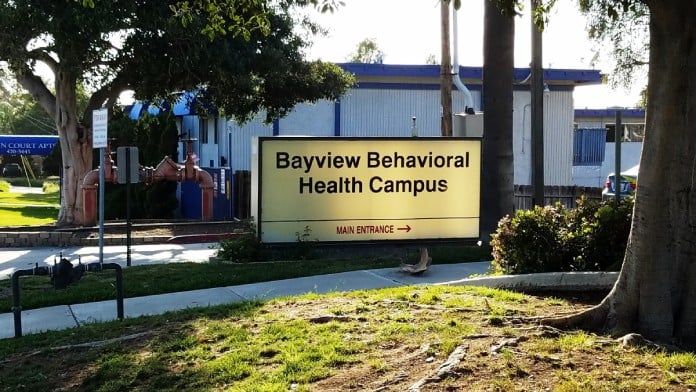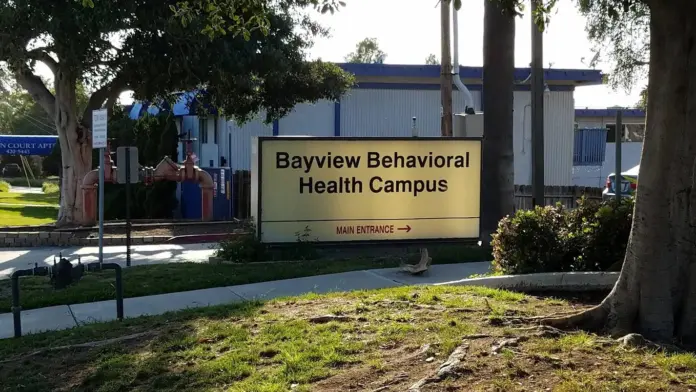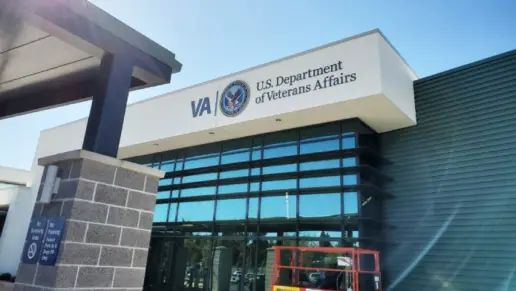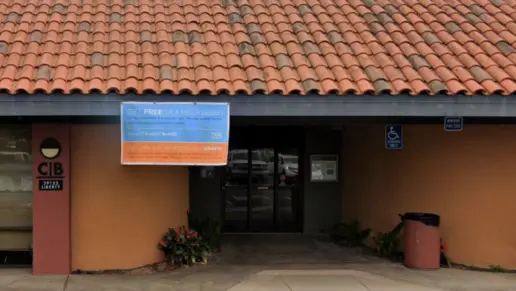About Bayview Behavioral Health Hospital
Paradise Valley Hospital- Bayview Behavioral Health Campus provides person centered care for mental health and substance use disorder in Chula Vista, California. They provide a continuum of care from inpatient to outpatient treatment services.
Paradise Valley Hospital- Bayview Behavioral Health Campus offers inpatient, partial hospitalization, outpatient, and dual diagnosis treatment.
The inpatient program at Paradise Valley Hospital- Bayview Behavioral Health focuses on short term stabilization services. They provide immediate assistance for adults in need 24 hours a day, seven days a week. An intensive diagnostic exam will be offered to create a treatment plan that is best suited for each person. Traditional and evidence based treatment is provided.
The partial hospitalization program is a step down from inpatient treatment and it serves as a bridge between inpatient and outpatient care. This program is for those who still need a high level of structure and accountability, but who can also return home in the evening for sleep. This program meets Monday through Friday.
The outpatient program meets from 9 a.m. to 1 p.m. three days a week. This program provides traditional outpatient services such as individual therapy, group therapy, psychoeducational classes, and alternative therapies. As a step down from partial hospitalization, intensive outpatient programming is a stepping stone between highly structured treatment to the more flexible treatment options of traditional outpatient.
Dual Diagnosis, often referred to as having co-occurring disorders, is when two or more mental health concerns present themselves simultaneously. It is very common for those who struggle with addiction to also have an underlying mental health concern such as anxiety, depression, or a diagnosable psychiatric disorder. Without proper treatment of the mental health issue at hand, getting and staying sober can be difficult. By treating both the substance use disorder and the mental health needs concurrently, a greater chance for long term sobriety is achieved.
Latest Reviews
Rehab Score
Gallery


Location
Other Forms of Payment
Medicaid is a state based program that helps lower-income individuals and families pay for healthcare. Medicaid covers addiction treatment so those enrolled can use their coverage to pay for rehab. When a program accepts Medicaid the client often pays very little or nothing out of their own pocket.
Private insurance refers to any kind of healthcare coverage that isn't from the state or federal government. This includes individual and family plans offered by an employer or purchased from the Insurance Marketplace. Every plan will have different requirements and out of pocket costs so be sure to get the full details before you start treatment.
Self-pay involves paying for treatment out of your own pocket. You can use savings or credit, get a personal loan, or receive help from family and friends to fund your treatment. If you don't have insurance or your insurance plan doesn't cover a specific program, self-pay can help ensure you still get the care you need.
Medicare is a federal program that provides health insurance for those 65 and older. It also serves people under 65 with chronic and disabling health challenges. To use Medicare for addiction treatment you need to find a program that accepts Medicare and is in network with your plan. Out of pocket costs and preauthorization requirements vary, so always check with your provider.
Military members, veterans, and eligible dependents have access to specific insurance programs that help them get the care they need. TRICARE and VA insurance can help you access low cost or no cost addiction and mental health treatment. Programs that accept military insurance often have targeted treatment focused on the unique challenges military members, veterans, and their families face.
Addiction Treatments
Levels of Care
Treatments
Many of those suffering from addiction also suffer from mental or emotional illnesses like schizophrenia, bipolar disorder, depression, or anxiety disorders. Rehab and other substance abuse facilities treating those with a dual diagnosis or co-occurring disorder administer psychiatric treatment to address the person's mental health issue in addition to drug and alcohol rehabilitation.
Mental health rehabs focus on helping individuals recover from mental illnesses like bipolar disorder, clinical depression, anxiety disorders, schizophrenia, and more. Mental health professionals at these facilities are trained to understand and treat mental health issues, both in individual and group settings.
Programs


Clinical Services
The goal of nicotine replacement therapy in California is to mitigate the symptoms of nicotine withdrawal. It cuts down on your cravings by supplying a small dose of nicotine without exposing your body to the toxins of cigarette smoke.
Staff

CEO

Chief Nursing Officer

CMO
Contact Information
330 Moss Street
Chula Vista, CA 91911


